
Lessons Of The War
2007: Once we were there, we would stand there, petrified, waiting to hear the boom of the landing missile, hoping and praying that it would not land on us.

Once we were there, we would stand there, petrified, waiting to hear the boom of the landing missile, hoping and praying that it would not land on us.
Over the last few days, I have been meeting more and more displaced families, refugees from the war in the North. Few, if any of them, are placing their trust in a so-called treaty. With the school year starting in just a few weeks, the refugees are searching for solutions. Many prefer to remain in Jerusalem to returning to homes which are either on the front lines or non-existent.
This Shabbat I met a lovely couple with five small children. They are being hosted by total strangers, who, in an incredible act of hospitality, gave up their own bedroom and are sleeping in the children's room so that their traumatized guests will feel comfortable.
Einat, who lives in a small village overlooking Haifa, told me her family's story: "When the war started on Wednesday, we assumed it would never reach Chaifa. The first Sunday evening of the war, I left the house to attend an exercise class. The kids were playing with the neighbors, some at our house; some at the neighbor's house. On the way to the class I heard several enormous booms that made everything shake and wondered what in the world was going on. I never dreamt that we were being bombed! I got to the gym and I was in the middle of changing into my exercise clothes when I heard the piercing wailing of the siren. I immediately called home and told the kids I'd be right there. Then I ran home. I don't think I ever ran so fast in my entire life!
"The next few days were a nightmare. Every time the siren wailed, we would quickly gather the children and race with them into our protected room. Once we were there, we would stand there, petrified, waiting to hear the boom of the landing missile, hoping and praying that it would not land on us.
"The wailing of the sirens was, for us (we were the lucky ones) the worst part of the nightmare. We were told that from the moment we heard the sirens we had thirty seconds – thirty seconds! – to enter a protected area. At least our apartment had a fortified room. If we would have had to go down to a bomb shelter, I don't know what we would have done."
Einat and her family spent several days at home until they finally fled the war zone. "We were constantly ordered into our protected rooms. Being cooped up all day with five children, always on edge, wondering when we'd have to drop everything and RUN was an absolute nightmare. Some days we spent almost twenty-four hours day together in that tiny protected area, counting the missiles as they fell, each time praying that it wouldn't hit our building.
"Finally, when we could take it no longer, we packed a few suitcases and traveled to Jerusalem. A lovely family welcomed us into their home. All the children, theirs and ours, are camping out in almost every corner of their small apartment. I'm a cooking teacher and love gourmet cooking, so I've been doing the cooking for both families. It's not easy – we're Hebrew speaking Moroccans, they're Yiddish speaking Chassidim – but we're learning to live as brothers. There are many, many different organizations trying to ease our plight, from organizing day camps for the children to delivering food staples to ease our hosts' financial burden."
Einat told me that she was shopping in a small crowded clothes store on Thursday when, "the radio announced that a bomb had struck Chaifa, and demolished an apartment building on the corners of such and such streets. A woman in the store let out a gasp and screamed, 'That's my building.' Using her cell phone, she immediately called one of the neighbors who informed her that her apartment and everything in it was completely destroyed. The woman became hysterical. The other women in the store tried, unsuccessfully, to calm her. She told us that she and her husband had grabbed their eight children and fled Chaifa. They did not take anything with them – and now she was left with nothing. What could we possibly say?"
Einat and her family are afraid to return to the north. They don't trust the ceasefire and are frightened at the thought that Hizballah missiles could rain down on them at any moment. They are considering remaining in Jerusalem and must make a decision quickly, before the new school year begins on the first of September.
The Jerusalem Municipality is preparing to accommodate thousands of new students for the coming school year. In the north, plans are being made for teaching in bomb shelters.
I met another family with seven small children, who are "camping out" in a school, together with another fifteen families. Each of the fifteen families is living in a different classroom, while all meals are eaten communally. When I asked about laundry, the woman laughed that there are sinks in the bathroom and at least they don't have to go down to the river.
The family is desperately searching for an apartment. But with so many refugees flooding the city, apartments are in high demand, and prices are skyrocketing.
As I write these words, the guns are silenced as the ceasefire begins. According to Ynetnews.com "Army officials admit ceasefire is fragile in light of vulnerable situation, but clarify that they will 'give it a chance.' Jpost.com writes, "Despite the implementation of a ceasefire, the Home Front Command insists that northern residents stay vigilant and continue to abide by the current guidelines."
Without the wisdom of hindsight, we cannot understand where this conflict is leading us. By the time this article is posted on Breslovworld.com, the ceasefire might be nothing more than a memory.
But whatever happens in the future, there is no doubt that our nation is facing tremendous challenges, and these challenges are bringing us together. The furnace of suffering is forging us into one unit. For once, we realize that we are brothers, all one part of one nation. For once, we cannot help but feel the searing pain of each wife, husband, mother, father, brother, sister, son, daughter that is plunged into mourning; of each family that is forced to rebuild their lives anew.
May Hashem grant us the wisdom to integrate the lessons of war into our (hopefully) peaceful existence. After all, that newfound achdut, brotherhood, and a deep sense of responsibility toward each and every Jew, are the building blocks that will restore our nation and construct the future Beit Hamikdash, may it happen quickly and in our days.


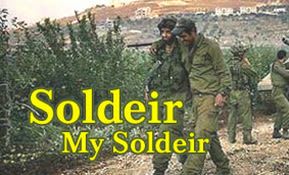
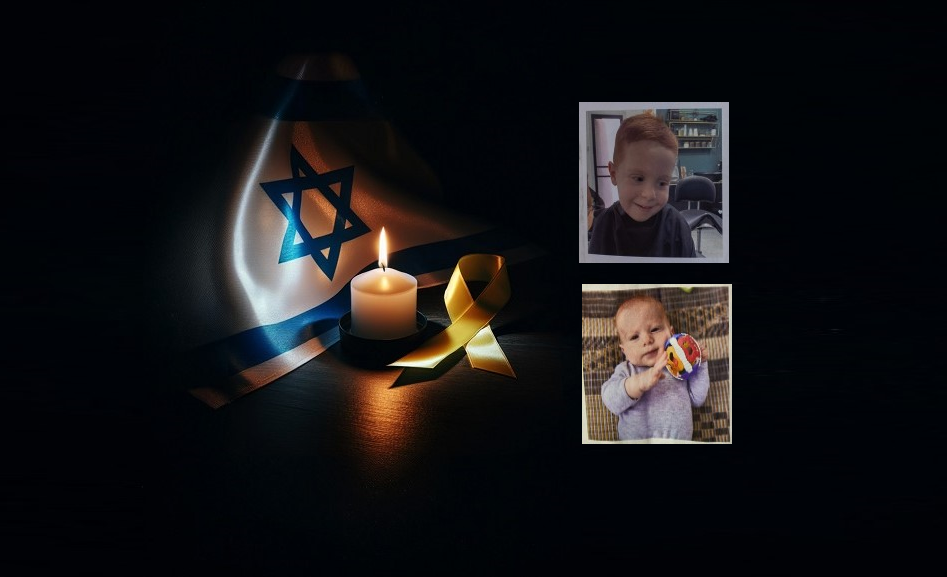

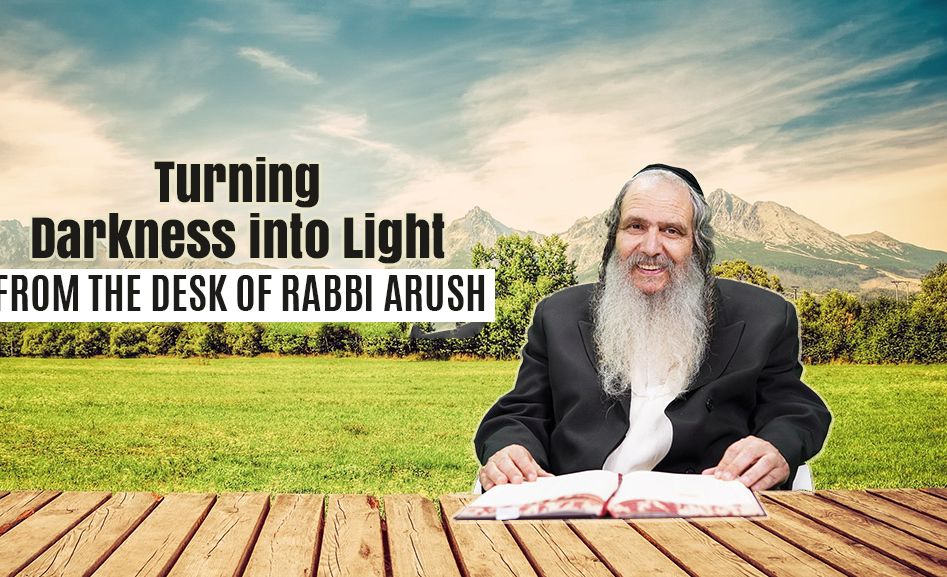

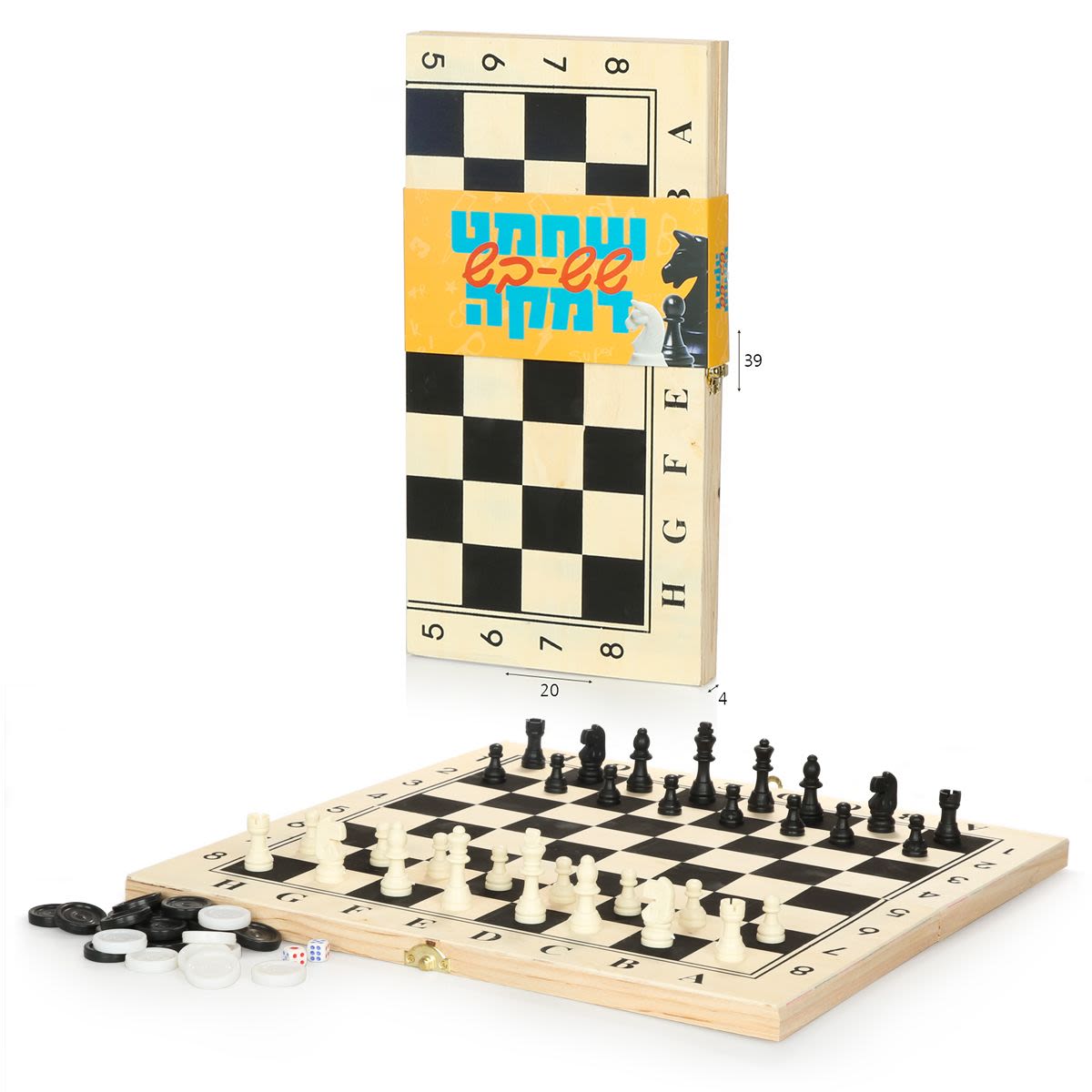
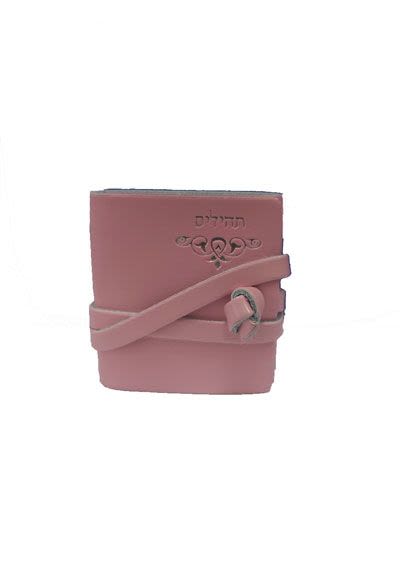

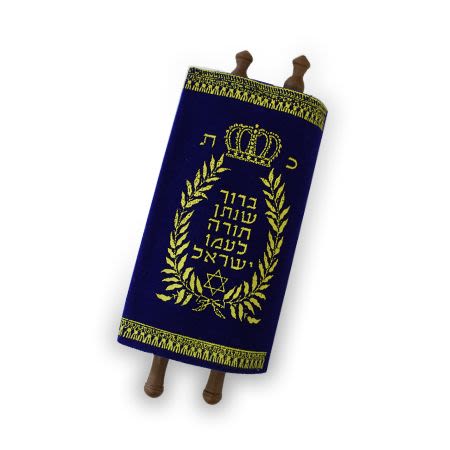
Tell us what you think!
Thank you for your comment!
It will be published after approval by the Editor.